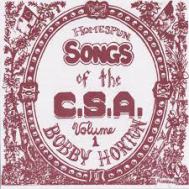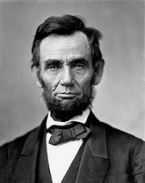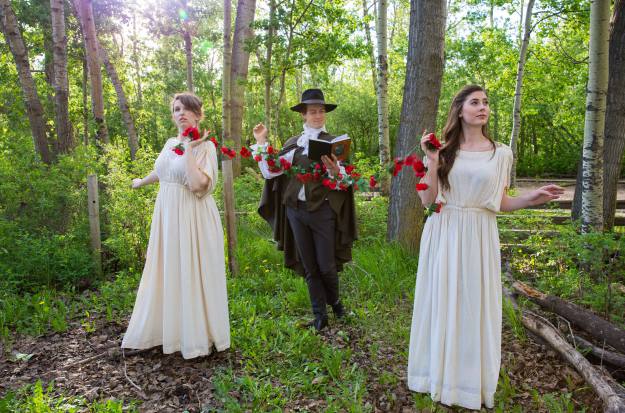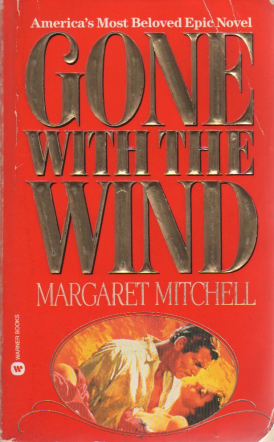Franklin Southhampton cty. Va
April 1st 63,
Dear Sister
I wrote Ma a letter to send by Cullen two days since and as he has not yet gone I thought I would send you a short epistolary notice of things and general and particular, though of neither have I anything hardly worth mentioning at present.

Click image hear the Southern “Battle Cry of Freedom.”
We first camef off Picket Guard this morning on the Blackwater 2.50 miles distant and not to work on entrenchments as I supposed + said in Mas Letter. They are coming down rather tight on us now, taking from 3 to 5 cos. a day for various duties. It rained quite hard last night on some of our boys, but I was fortunate enough to be relieved before night and slept as soundly as if I had been on my bunk in camps, having a good shelter- On the return to camp several rcd a ducking in crossing the branches, being swollen by the rain, but that was nothing to be compared with wading those large streams during the chilly months of October and November last.
The 42nd Miss crossed the river yesterday and made a nice trap for some Yankee calvary, which were just in the act of going into it, when some thoughtless brave fired his gun at them and they skedaddled, if perfect silence had been kept, the last scoundrel would have been captured, but alas all are doomed more or less to such misfortunes, but a very fortunate affair, for the invader of our sacred and heaven born soil- We are prepared to meet them at any point they may attempt to Land – having batteries and rifle Pits at every fordable point.

USA President Abraham Lincoln
It is my sincere desire that we may never again have to fight, but if we do I can do it, for I believe I am trying to support a holy and righteous cause, worthy the suffering and if need be the lives of any People- It has cost us much money and lives, but I am willing it should cost us more, rather than be the subjects of the Tyrant that is trying to subjugate us- It pains me very much to hear of men that I once thought were true + Loyal to the South taking the Oath of allegiance to the vilest Government now in existence, and men too that have sons falling for their rights, and undergoing insurmountable hardships.
They ought to be looked upon with shame and dishonor. The Stain will be upon their Great-grandchildren…
…but still it is a pleasing thought that none in our neighborhood done it, (I leave out that Dutchman) It reflects great credit on it as a neighborhood, May they ever prove as true as they have done, and we will see the suits of it,
It is my humble prayer that an All Wise + just God may soon stop this suffering and blood shed- and that we may meet again, if not on earth, in heaven, where parting is no more-. I must close for want Paper Write soon and a long letter to your devoted brother PM Buford.
Give my love to all the family and tell them to write often-
Blogger’s Notes:
- A History of Company G, Eleventh Mississippi Regiment, C.S.A. documents information about a comrade mentioned by Parham.
- William B. Cullen appears to have delivered both this letter and the previous one dated March 29, 1863. He enlisted April 26, 1861, at Oxford, Miss., for one year. Born in Virginia, was a clerk at Oxford, Miss.; eighteen years of age and single. He was severely wounded at Seven Pines and lost his right arm, and was retired January, 1863.
- Parham clearly wrote in this letter his view that:
- Union forces had invaded Southern sacred and heaven born soil;
- He was trying to support a holy and righteous cause;
- Abraham Lincoln, 16th President of the United States of America, was a tyrant;
- The Government of the United States of America was the vilest in existence; and
- Fathers of Confederate soldiers who had taken the Oath of Allegiance ought to be looked upon with shame and dishonor. He previously wrote in a January 17, 1863 letter of the Oath being administered during Union occupation, asking for names of those who took it. At the time of writing this letter, Parham believes none in his neighborhood of College Hill had pledged their allegiance, with the exception of possibly one he referred to as that Dutchman. The term “Dutchman” was used for “German” at the time; some Confederates viewed them with suspicion.





